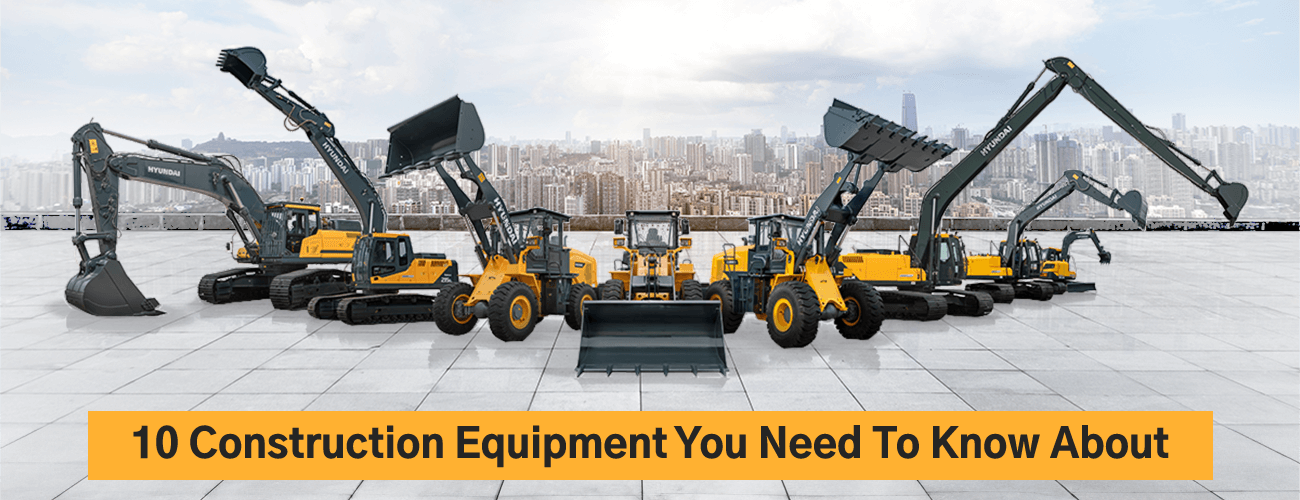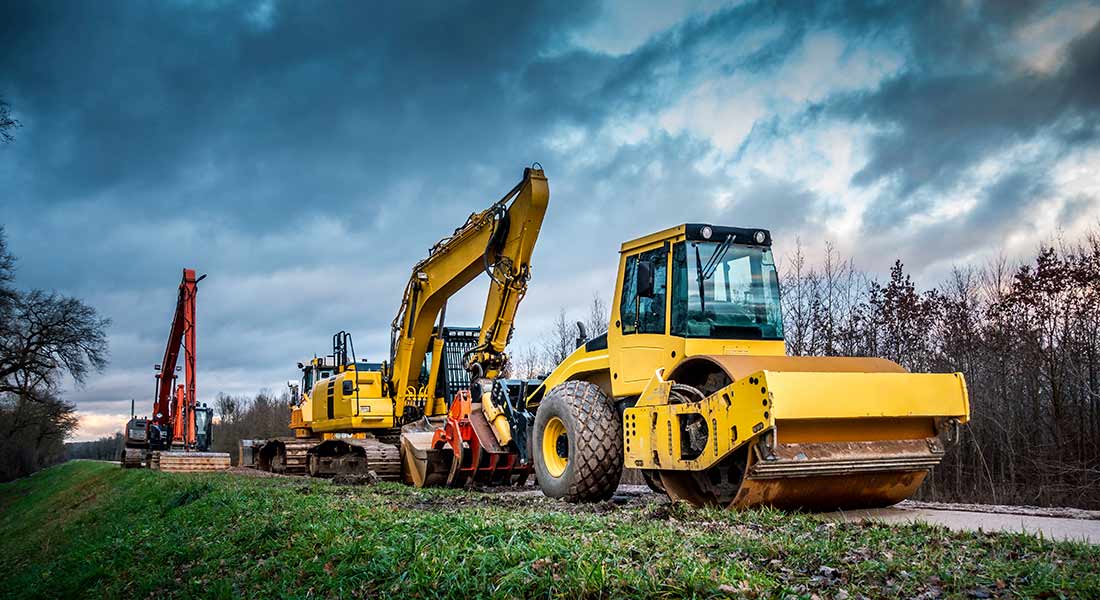Scissor Lift Rental in Tuscaloosa AL: Safe and Effective Raising Solutions
Wiki Article
Discovering the Financial Benefits of Renting Building And Construction Equipment Contrasted to Having It Long-Term
The decision in between leasing and possessing construction equipment is essential for economic management in the market. Renting out offers prompt expense financial savings and operational flexibility, allowing firms to allot sources much more effectively. Comprehending these subtleties is essential, specifically when taking into consideration exactly how they line up with specific job demands and financial strategies.
Expense Contrast: Renting Out Vs. Having
When assessing the economic effects of having versus leasing construction equipment, a thorough price comparison is important for making notified choices. The selection between leasing and possessing can dramatically impact a company's bottom line, and recognizing the associated prices is important.Leasing construction devices generally involves reduced ahead of time costs, enabling organizations to designate funding to various other operational needs. Rental costs can accumulate over time, potentially exceeding the cost of possession if devices is needed for an extensive period.
Alternatively, possessing building tools requires a substantial initial investment, together with continuous prices such as insurance, depreciation, and financing. While ownership can cause long-term financial savings, it additionally binds resources and might not provide the same degree of versatility as leasing. Furthermore, having devices requires a dedication to its application, which may not constantly line up with project needs.
Ultimately, the choice to possess or lease ought to be based upon a thorough evaluation of certain job requirements, economic capacity, and long-term critical objectives.

Upkeep Obligations and expenditures
The choice between renting out and owning building devices not only entails economic considerations yet likewise incorporates recurring upkeep expenses and responsibilities. Possessing devices calls for a considerable dedication to its upkeep, that includes routine inspections, repair work, and possible upgrades. These obligations can rapidly build up, bring about unanticipated costs that can stress a budget plan.In comparison, when renting out equipment, maintenance is typically the responsibility of the rental business. This arrangement allows specialists to stay clear of the financial worry related to damage, in addition to the logistical obstacles of scheduling repair services. Rental contracts often consist of provisions for maintenance, meaning that service providers can concentrate on finishing jobs as opposed to fretting about tools problem.
Additionally, the varied series of equipment offered for rental fee allows business to pick the current designs with sophisticated modern technology, which can boost effectiveness and performance - scissor lift rental in Tuscaloosa Al. By choosing services, businesses can avoid the long-term responsibility of devices depreciation and the associated maintenance headaches. Eventually, assessing maintenance expenses and duties is vital for making a notified decision regarding whether to lease or own building tools, considerably impacting general job prices and operational effectiveness

Depreciation Influence On Possession

A substantial factor to take into consideration in the decision to have construction devices is the effect of depreciation on overall possession prices. Depreciation represents the decrease construction lift in value of the tools in time, influenced by variables such as usage, damage, and advancements in modern technology. As equipment ages, its market price reduces, which can substantially impact the proprietor's economic setting when it comes time to sell or trade the devices.
For construction companies, this devaluation can convert to significant losses if the devices is not made use of to its greatest capacity or if it becomes obsolete. Owners should make up depreciation in their economic estimates, which can bring about greater general prices contrasted to leasing. Additionally, the tax ramifications of devaluation can be complicated; while it may offer some tax benefits, these are often balanced out by the reality of minimized resale worth.
Inevitably, the concern of devaluation emphasizes the importance of comprehending the lasting economic commitment involved in having building tools. Business must carefully evaluate just how commonly they will backhoe for sale by owner use the devices and the prospective monetary influence of depreciation to make an educated decision concerning ownership versus renting out.
Financial Adaptability of Renting Out
Renting construction devices uses significant financial flexibility, permitting firms to designate sources a lot more efficiently. This flexibility is particularly critical in an industry identified by changing job demands and differing workloads. By choosing to rent out, companies can prevent the considerable resources outlay needed for acquiring tools, protecting cash money flow for various other functional requirements.In addition, renting out devices makes it possible for firms to tailor their tools options to particular task demands without the long-term dedication connected with possession. This means that organizations can conveniently scale their tools supply up or down based on existing and expected check this job requirements. Subsequently, this flexibility lowers the risk of over-investment in equipment that might come to be underutilized or out-of-date in time.
Another financial benefit of leasing is the potential for tax benefits. Rental settlements are often thought about business expenses, allowing for instant tax deductions, unlike devaluation on owned devices, which is spread over numerous years. scissor lift rental in Tuscaloosa Al. This immediate expense acknowledgment can additionally enhance a business's cash position
Long-Term Project Considerations
When assessing the lasting requirements of a building business, the choice between owning and leasing tools becomes a lot more complex. Trick aspects to think about consist of task period, regularity of use, and the nature of upcoming tasks. For tasks with prolonged timelines, buying devices may seem beneficial due to the potential for lower overall prices. Nonetheless, if the equipment will not be utilized continually across tasks, possessing might cause underutilization and unneeded expense on storage, insurance policy, and maintenance.The building and construction industry is progressing rapidly, with brand-new tools offering improved efficiency and security features. This flexibility is particularly useful for organizations that deal with diverse tasks calling for various kinds of tools.
Moreover, economic stability plays an important role. Owning tools often involves significant capital expense and devaluation problems, while renting out enables even more foreseeable budgeting and capital. Ultimately, the option between renting out and owning should be aligned with the calculated goals of the building and construction organization, taking into consideration both anticipated and present task needs.
Final Thought
In final thought, leasing building devices uses considerable financial advantages over lasting ownership. Ultimately, the decision to rent out instead than own aligns with the dynamic nature of construction jobs, allowing for flexibility and access to the most recent equipment without the financial concerns linked with ownership.As devices ages, its market worth diminishes, which can considerably influence the proprietor's financial placement when it comes time to market or trade the tools.
Renting building equipment provides significant financial versatility, enabling firms to designate resources extra successfully.Furthermore, renting out devices makes it possible for firms to customize their tools options to details job needs without the long-term commitment linked with ownership.In verdict, renting building and construction equipment supplies considerable monetary benefits over long-term ownership. Ultimately, the decision to rent instead than very own aligns with the vibrant nature of building and construction tasks, permitting for adaptability and accessibility to the latest tools without the financial burdens connected with ownership.
Report this wiki page